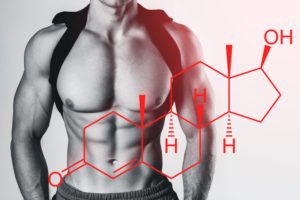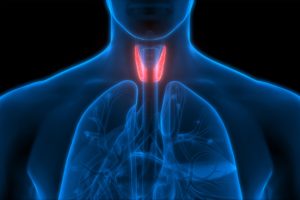
What Is Growth Hormone? Growth hormone is a protein that the body makes in the pituitary gland. The hypothalamus creates several hormones that control the production of growth hormone and secretes the protein into the bloodstream for use throughout the body. The pancreas and the intestinal tract also produce some of the growth hormones, but …






